Want to find out what’s happening in the literary world? This week, our Editors-at-Large bring you news from Palestine, where a landmark issue of World Literature Today features nearly two dozen of the most eminent Palestinian writers; India, where lockdown is slowly being lifted, and bookstores begin to bustle; and Central America, where writers from Guatemala to Costa Rica are releasing new books. Curious about this wide-ranging itinerary? Read on to find out more!
Carol Khoury, Editor-at-Large, reporting from Palestine
“While most writers offer their writing to the masses, Palestinian writers offer their very souls,” writes the Guest Editor Yousef Khanfar in his introduction to “Palestine Voices,” the Summer 2021 issue of World Literature Today (released earlier this month). Throughout its ninety-five-year publishing history, World Literature Today (published at Oklahoma University), has never devoted a cover feature—let alone a dossier—exclusively to the literature, art, and culture of Palestine. Even when WLT dedicated an issue in 1986 to “Literatures of the Middle East: A Fertile Crescent,” Palestinian writers were conspicuously absent from the lineup, reveals Editor Daniel Simon. Indeed, in Mona Mikhail’s essay introducing the 1986 issue, one of the most pivotal events during the modern era of the Middle East—the Palestinian Nakba that led to the creation of the state of Israel in 1948—isn’t even mentioned.
With less attachment to the Nakba but more freedom for exploration and imagination, the expanded issue, at 128 pages, “represents a long-overdue—and especially timely—attempt to remedy this deficit” writes Simon. “As with other recent dossiers dedicated to so-called “stateless” literatures, WLT’s Summer 2021 issue recognizes an autonomous literary tradition that dates back centuries and now, in the diaspora, is one of the most cosmopolitan literatures in the world.” The voices gathered in “Palestine Voices,” according to Khanfar, “speak a universal language: one of life filled with human dignity that celebrates a rich cultural heritage and vibrant present along with aspirations for freedom, justice, and hope for a better future.”
Nearly two dozen of the most eminent Palestinian writers and poets are gathered in WLT’s Summer 2021 issue, along with the work of twenty renowned artists and photographers. Since a number of the pieces are web exclusive, it is all worth it to explore the issue online, and to appreciate the well-chosen art works that compliment the texts. As “colonization slowly dehumanizes Palestine and the Palestinians,” according to Khanfar, Simon believes that the work by the writers featured in this WLT issue “rehumanizes a people who have much to offer the world.” At any rate, trust them when they say “these voices are designed to captivate and not to convince.” READ MORE…


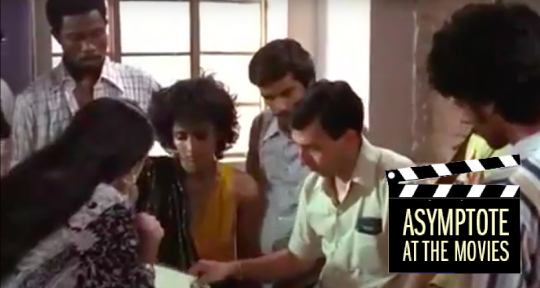
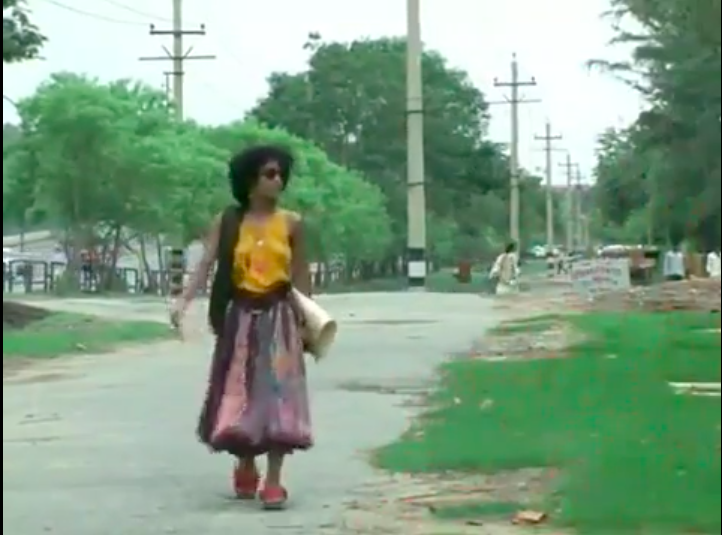

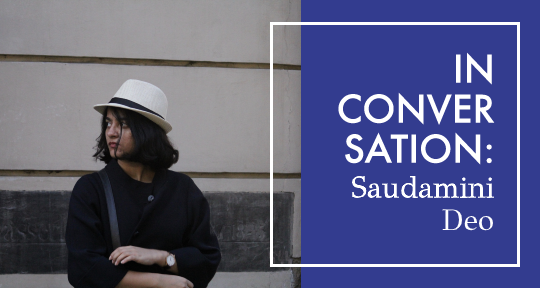



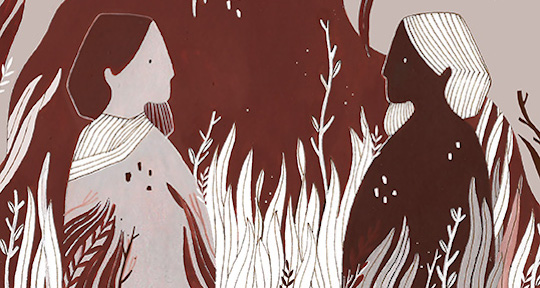
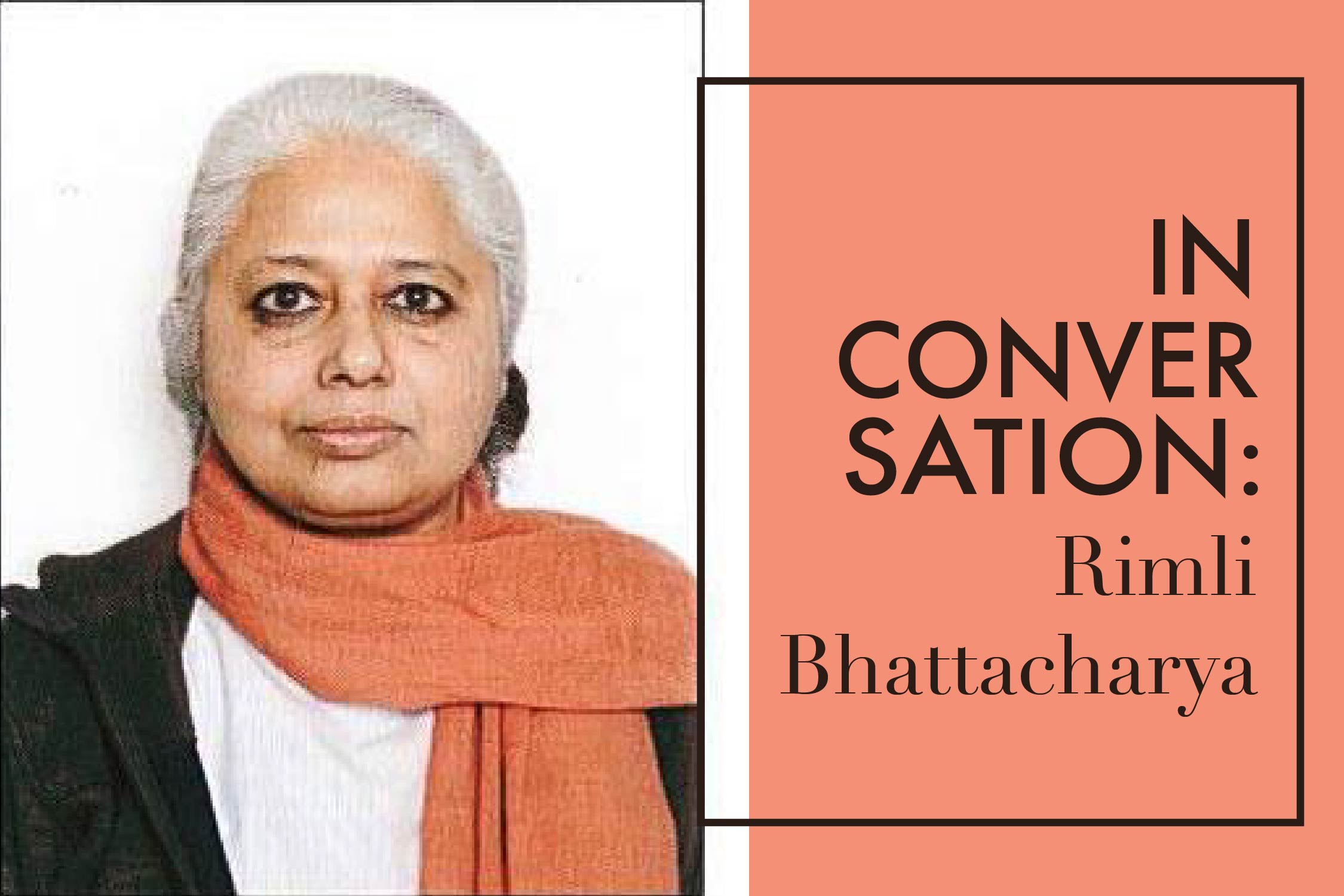

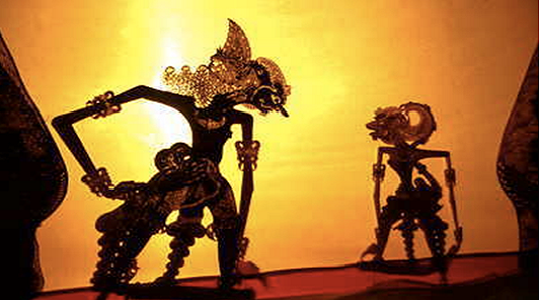
What’s New in Translation: August 2021
New work this month from Lebanon and India!
The speed by which text travels is both a great fortune and a conundrum of our present days. As information and knowledge are transmitted in unthinkable immediacy, our capacity for receiving and comprehending worldly events is continuously challenged and reconstituted. It is, then, a great privilege to be able to sit down with a book that coherently and absorbingly sorts through the things that have happened. This month, we bring you two works that deal with the events of history with both clarity and intimacy. One a compelling, diaristic account of the devastating Beirut explosion of last year, and one a sensitive, sensual novel that delves into a woman’s life as she carries the trauma of Indian Partition. Read on to find out more.
Beirut 2020: Diary of the Collapse by Charif Majdalani, translated from French by Ruth Diver, Other Press, 2021
Review by Alex Tan, Assistant Editor
There’s a peculiar whiplash that comes from seeing the words “social distancing” in a newly published book, even if—as in the case of Charif Majdalani’s Beirut 2020: Diary of the Collapse—the reader is primed from the outset to anticipate an account of the pandemic’s devastations. For anyone to claim the discernment of hindsight feels all too premature—wrong, even, when there isn’t yet an aftermath to speak from.
But Majdalani’s testimony of disintegration, a compelling mélange of memoir and historical reckoning in Ruth Diver’s clear-eyed English translation, contains no such pretension. In the collective memory of 2020 as experienced by those in Beirut, Lebanon, the COVID-19 pandemic serves merely as stage lighting. It casts its eerie glow on the far deeper fractures within a country riven by “untrammelled liberalism” and “the endemic corruption of the ruling classes.”
Majdalani is great at conjuring an atmosphere of unease, the sense that something is about to give. And something, indeed, does; on August 4, 2020, a massive explosion of ammonium nitrate at the Port of Beirut shattered the lives of hundreds of thousands of people. A whole city collapsed, Majdalani repeatedly emphasises, in all of five seconds.
That cataclysmic event structures the diary’s chronology. Regardless of how much one knows of Lebanon’s troubled past, the succession of dates gathers an ominous velocity, hurtling toward its doomed end. Yet the text’s desultory form, delivering in poignant fragments day by elastic day, hour by ordinary hour, preserves an essential uncertainty—perhaps even a hope that the future might yet be otherwise.
Like the diary-writer, we intimate that the centre cannot hold, but cannot pinpoint exactly where or how. It is customary, in Lebanon, for things to be falling apart. Majdalani directs paranoia at opaque machinations first designated as mechanisms of “chance,” and later diagnosed as the “excessive factionalism” of a “caste of oligarchs in power.” Elsewhere, he christens them “warlords.” The two are practically synonymous in the book’s moral universe. Indeed, Beirut 2020’s lexicon frequently relies, for figures of powerlessness and governmental conspiracy, on a pantheon of supernatural beings. Soothsayers, Homeric gods, djinn, and ghosts make cameos in its metaphorical phantasmagoria. In the face of the indifferent quasi-divine, Lebanon’s lesser inhabitants can only speculate endlessly about the “shameless lies and pantomimes” produced with impunity. READ MORE…
Contributors:- Alex Tan
, - Fairuza Hanun
; Languages: - French
, - Hindi
; Places: - India
, - Lebanon
; Writers: - Charif Majdalani
, - Geetanjali Shree
; Tags: - Beirut 2020 explosion
, - diary
, - disaster
, - Indian Partition
, - motherhood
, - recovery
, - social commentary
, - trauma
, - womanhood